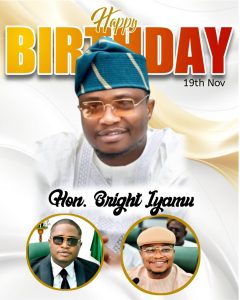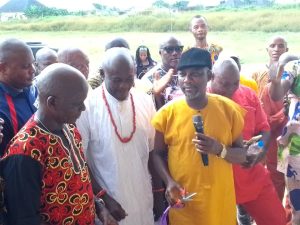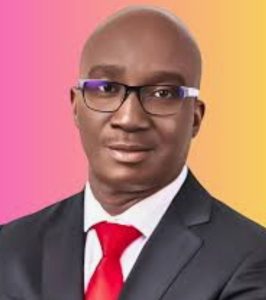INEC Guides Media Ahead Edo Election
5 min read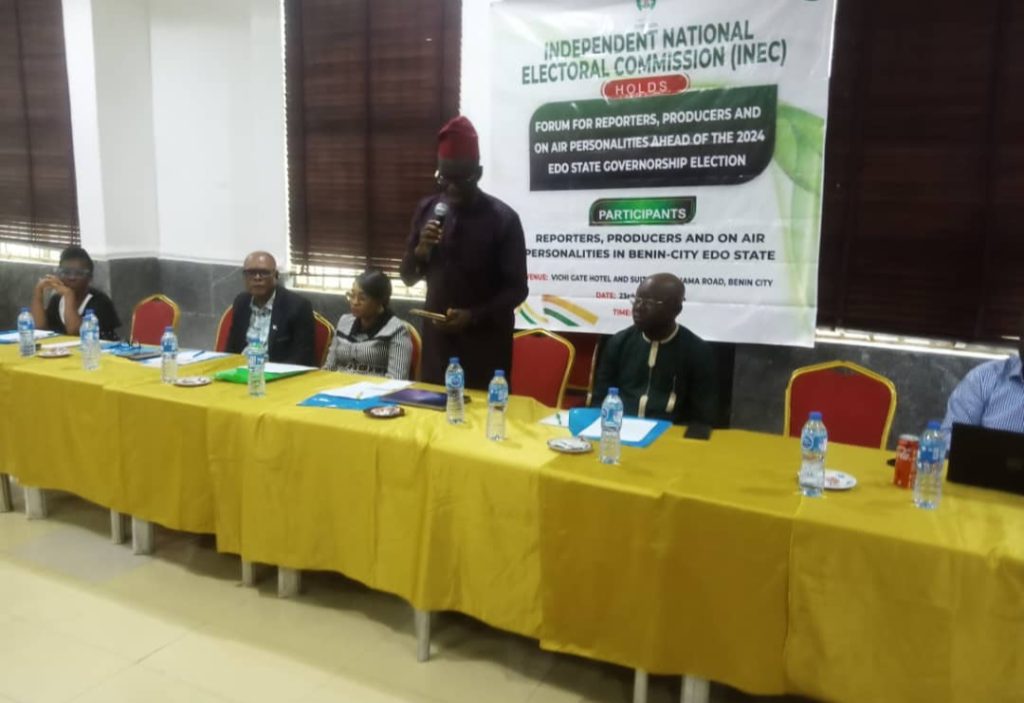
INEC Guides Media Ahead Edo Election
By Bernadette Idalu
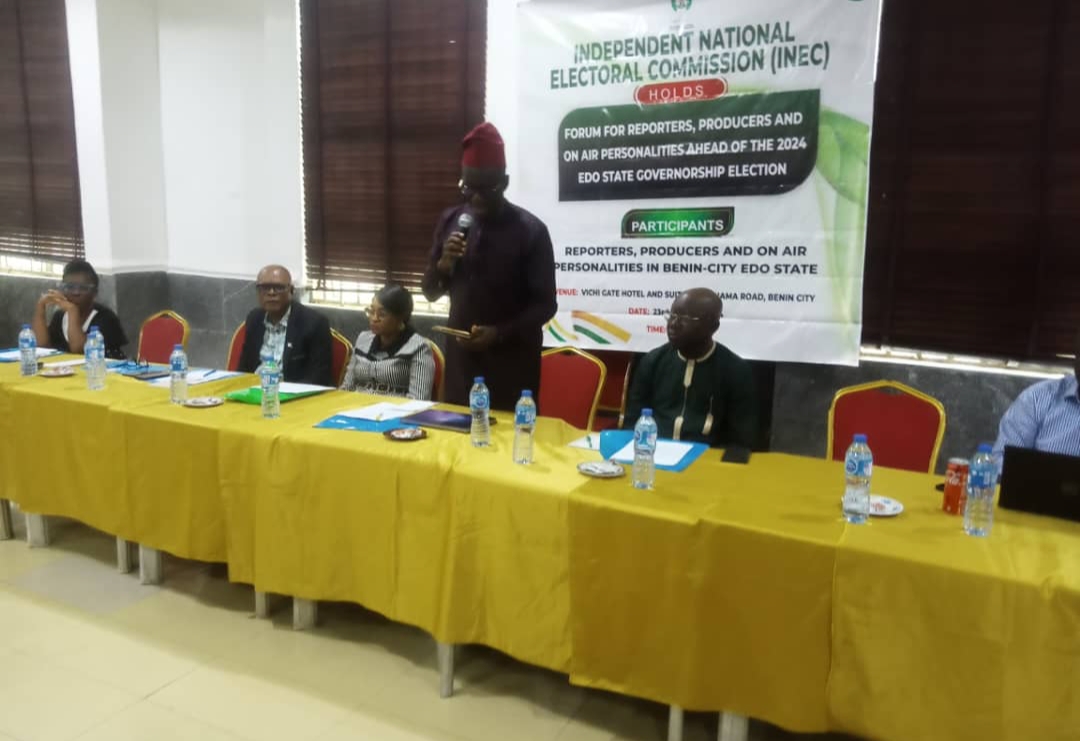
Media practitioners working in Edo State, on Friday, August 23, 2024, got reminded of the power and effects of their reportorial skills on society for it defines and influences public perception, a tricky role which must be protected and promoted by fact based reportage.
Participants were also entreated to be objective in their reports and analysis as it concerns the voting and electoral processes as reported but unverified claims can invalidate while accurate reports assist the integrity of the electoral process.
Harping on key roles of reporters, producers and on- air personalities in an electoral process, at the Vichi Gate Hotel and Suites on Friday, August 23, 2024, ahead of the “Off Cycle” Edo State governorship election slated for September 21, 2024, National Commissioner and Chairman, Information and Voter Education Committee (IVEC), Independent National Electoral Commission, INEC, Mr. Sam Olumekun during the one day roundtable harped on adherence to the ethics of the journalism profession and abiding by the rudiments of the Electoral Act, 2022, to make for a free, fair and credible election process in Edo State.
Speaking through the Chief Press Secretary, CPS, to the Chairman INEC, Mr. Rotimi Oyekanmi, Mr. Olumekun reminded media practitioners, “The media is an indispensable party in the conduct of elections. Your role extends beyond mere reporting; you are the bridge between the electorates and the electoral process as you help inform the masses of their rights, responsibilities and the procedures of the electoral process. You highlight on manifestoes and policies of candidates, facilitating reform choices by electorates. Your Investigative journalism brings transparency, exposing malpractices and ensuring accountability.”
He reiterated that media practitioners must have a good knowledge of the provisions of the Electoral Act, 2022, which is crucial not just to inform the public but to reorient them with the legality of the electoral process aside helping to set in the right narrative by ensuring that any breaches of the law are brought to public attention. “It’s careful study,” he said, “empowers you to hold political candidates and even INEC accountable, ensuring the law is enforced throughout the electoral process.”
Olumekun urged journalists to refrain from publishing or broadcasting information that could incite violence and division in society, ensuring that reports, broadcasts or studio interactions remain impartial, avoiding sensationalism and bias of reportage which he opined could undermine the integrity of the election.
He encouraged practitioners, especially accredited journalists to be guided by the principles of accuracy, fairness and responsibility as they exercise their rights covering all election procedures within their respective jurisdiction. He reeled out rules encouraging practitioners to abide by them such as – the display of their electoral press tags always, observing but not physically disrupting election proceedings from voters accreditation, through the voting process, to the counting of ballot papers and pasting on the boards. He warned against impeding or obstructing of the statutory rights of voters and the secrecy of their votes.
Journalists, he said, are not allowed to take photographs or film any individual in the voting zone without that individuals consent. They are not allowed to also film or photograph individuals marking the ballot papers or show personal details of voters nor publish the public registers of voters, voters cards or any documents that will impinge on the privacy of the voter. Journalists are not to personally handle any polling material. Journalists he maintained, are subject to the directive and control of the Presiding Officer, PO, hence INEC has the right to withdraw or revoke the accreditation of any journalist who defies the directive of any presiding officer or violates regulations.
Giving updates on the 2024 Continuous Voter Registration, CVR, process and Permanent Voter Card,
PVC, distribution, Olumekun revealed that the PVC collection distribution commenced on Thursday, August 22, 2024, at the 192 Wards across the state. Collection, he said, is strictly by person and not by proxy. The exercise he informed, will go on till September 8, 2024. Collections start from 9:00am till 5:00pm daily, including weekends. The distribution will go on till Monday, August 26 when collection will shift to the 18 local government INEC Area Offices across the state, from Wednesday August 28, to Sunday September 8, 2024.
The Head of Department, HOD, Electoral Operations (EOPs), Mr. Frank Ogbise who briefed on voting procedures and level of preparedness said actual voting will start by 8:30 am on the election day but polls must open, at most, by 8:00am for smooth accreditation, verification and authentication with the Bimodal voter identification, BVAS, machine.
He stated that there were 192 Wards; 4,519 Polling units in Edo State and 19,590 Adhoc staff at hand. An estimated grand total of 2,349 vehicles are to be gotten from an engagement with transport unions and some independent persons which are expected to be used to carry election materials and Adhoc staff across the state to their respective destinations. For inclusiveness, provisions were said to have been made for persons with disabilities, PWD, to vote, same with the provision of magnifying glasses for persons with albinism.
HOD, Information Communication Technology, ICT/VR, Engr. Akan Lawrence through a slide presentation on “Technological innovations by INEC” with emphasis on the BVAS and its usage updated on INEC’s level of preparedness, training of personnel, use of BVAS at the polling units, the accreditation process, uploading of results to the INEC result viewing portal, iREV, a process which can be monitored by logging on to www.inecelectionresults.ng, BVAS and results collation and the network challenges and solution. Also, Barr. Amadi Rita, HOD Legal talked about the, “Legal framework and the Electoral Act 2022 and the election while Mr. Nathaniel Gana gave a run down of “Accreditation of media organizations” using the online method.
Chairman, Edo State Council of the Nigeria Union of Journalists, NUJ, Comrade Festus Alenkhe, thanked INEC for the engagement. He told journalists not to compromise their standards, remaining factual in their reportage and pointing out identified lapses inclusive of INEC’s.
There was a robust question and answer segment at the end of the media engagement.


